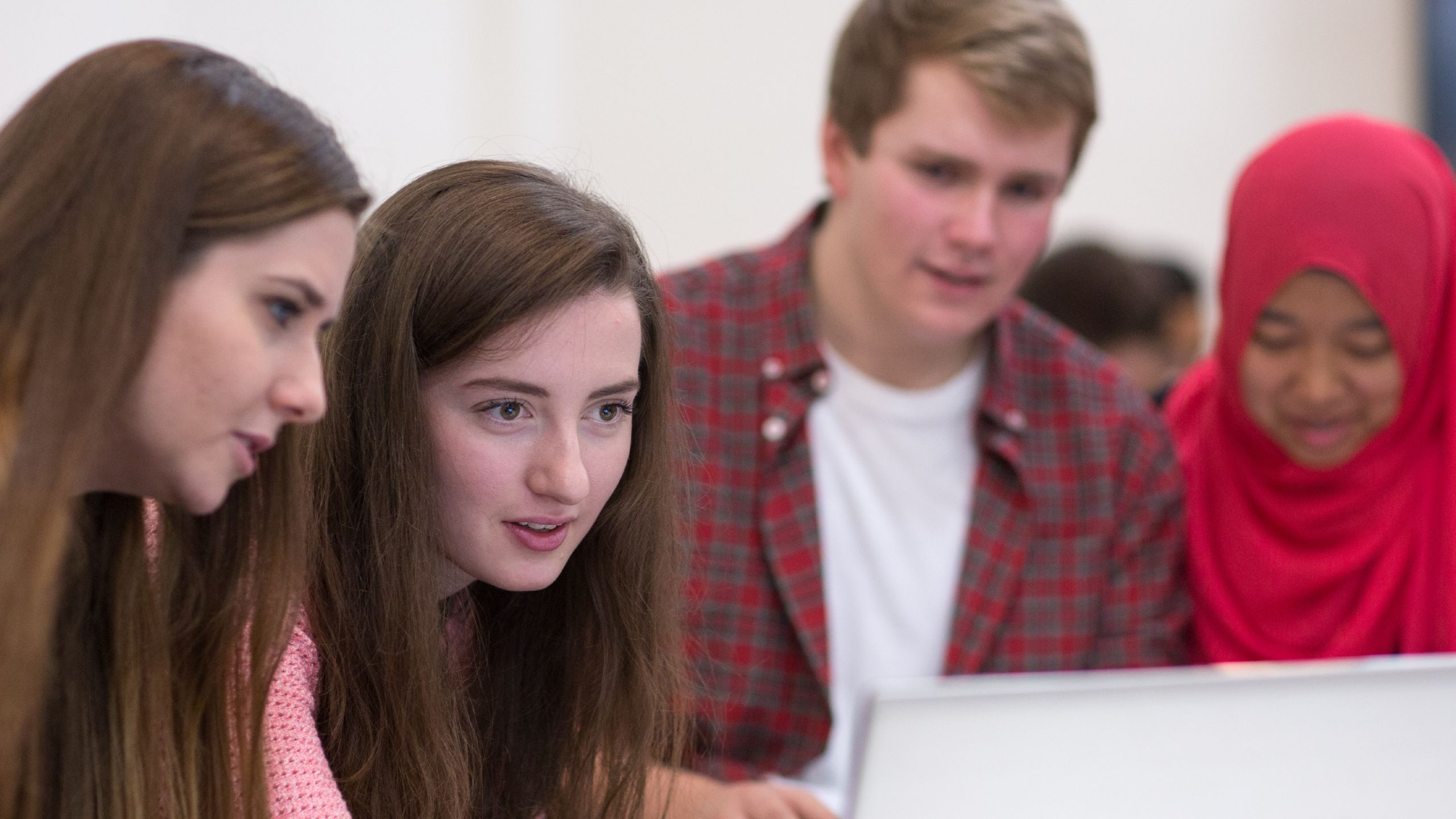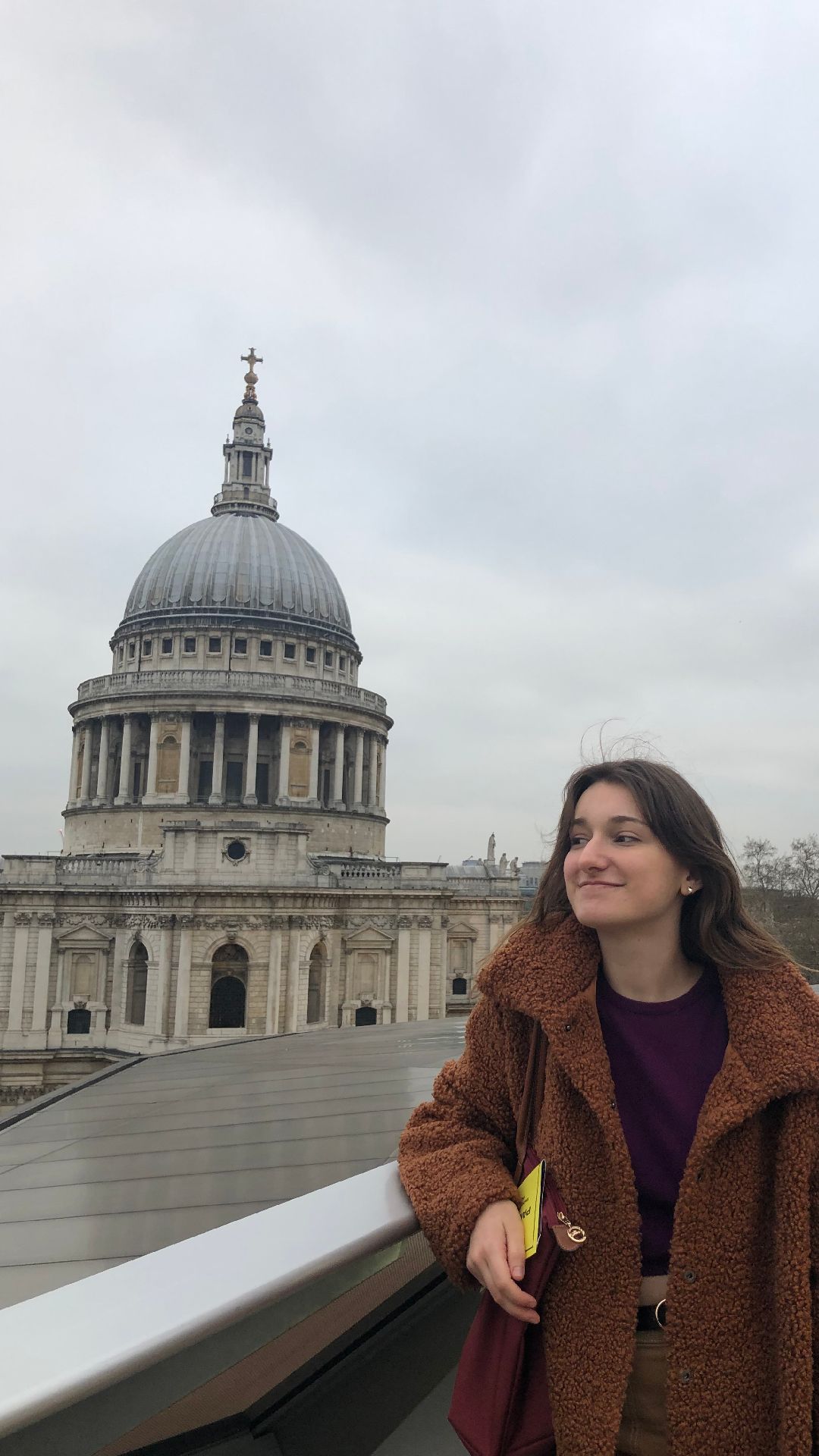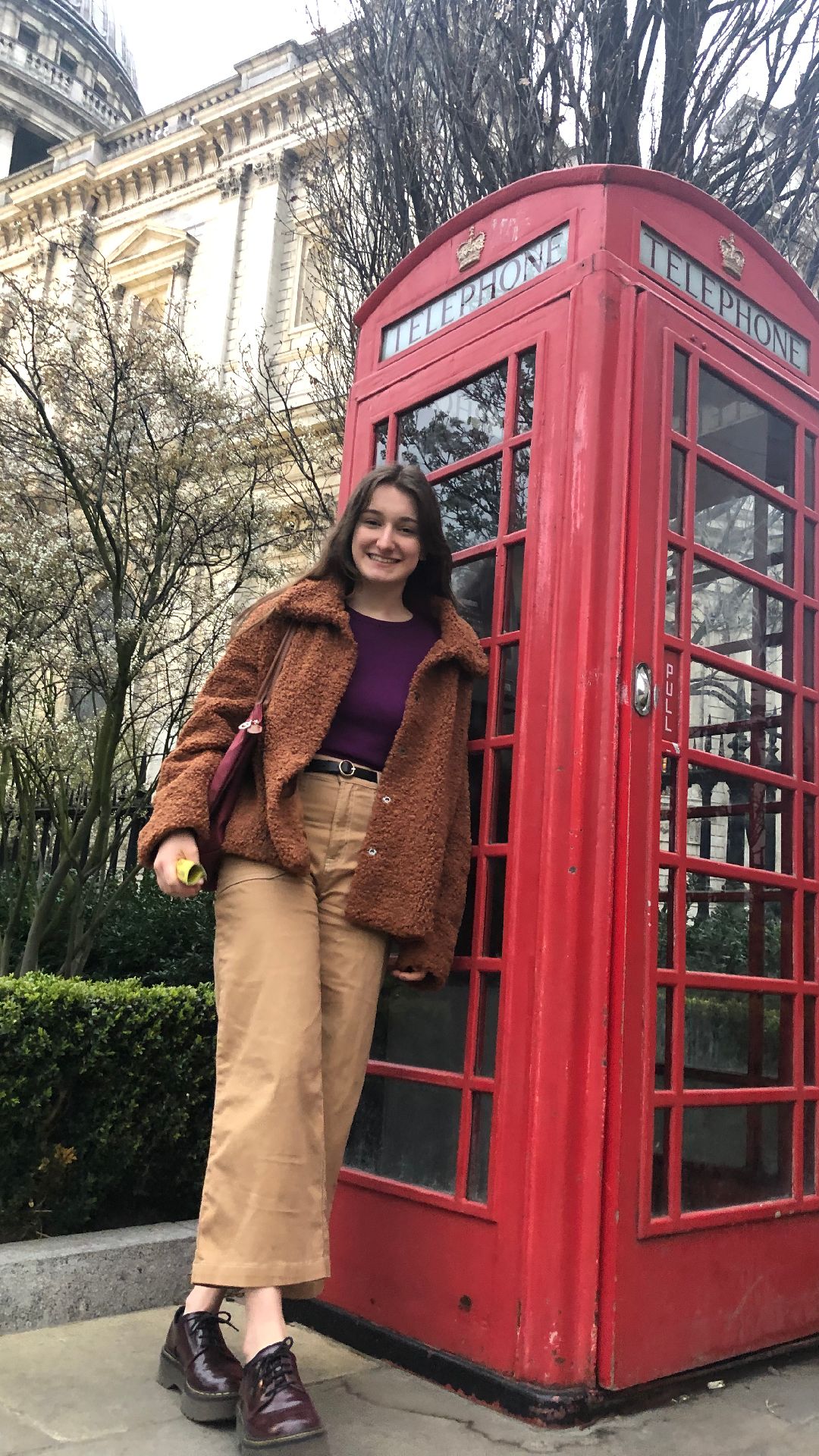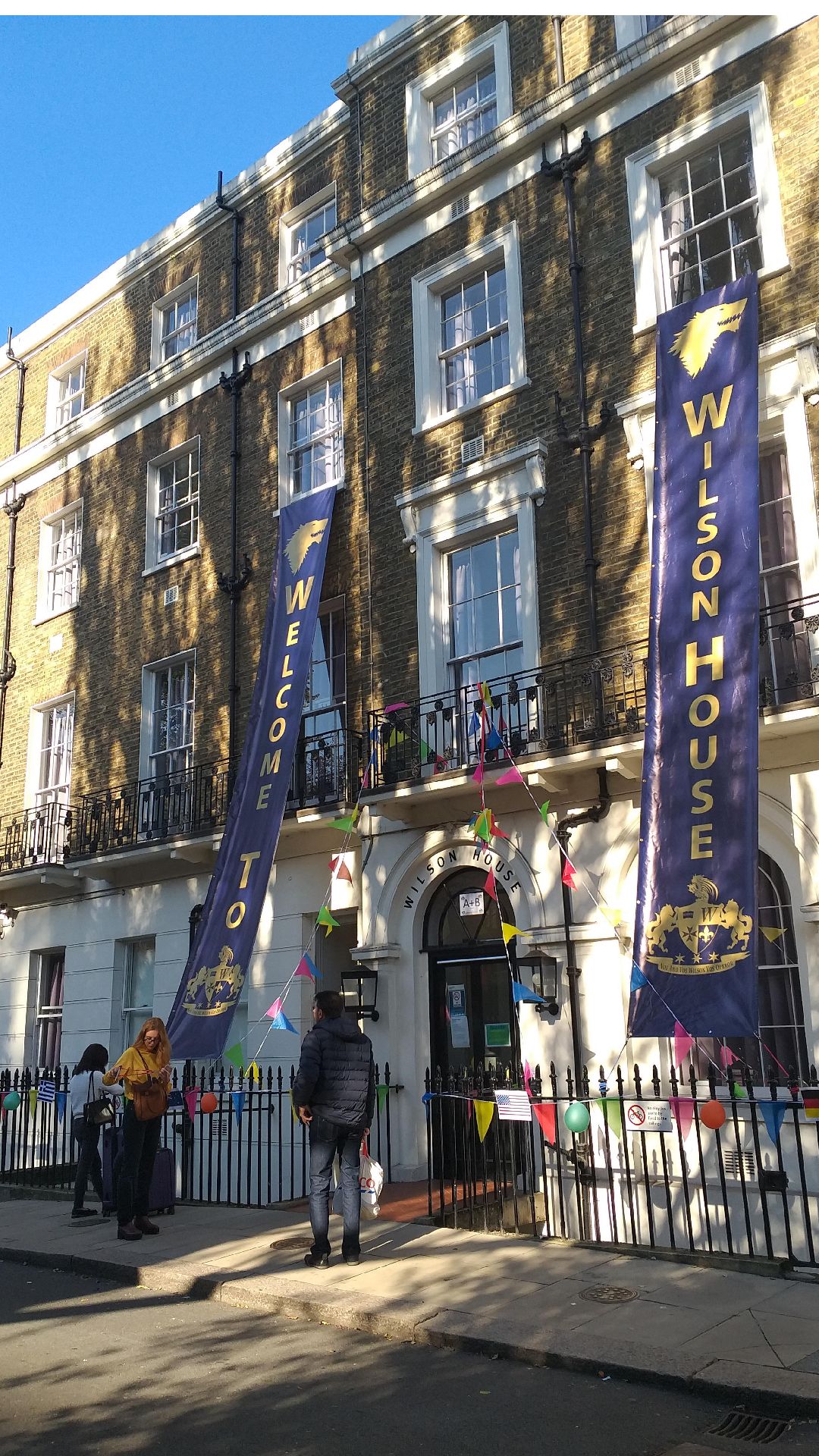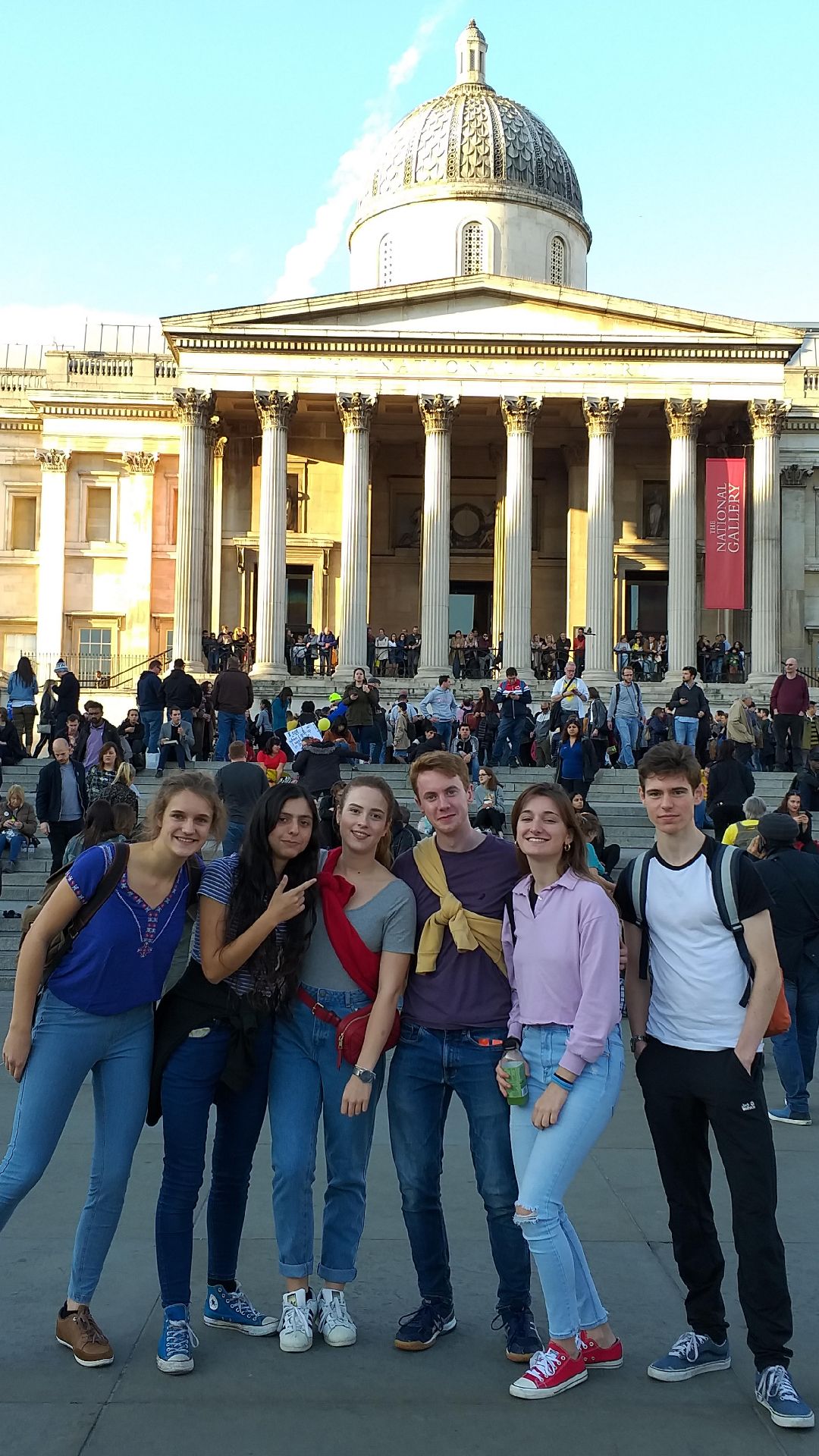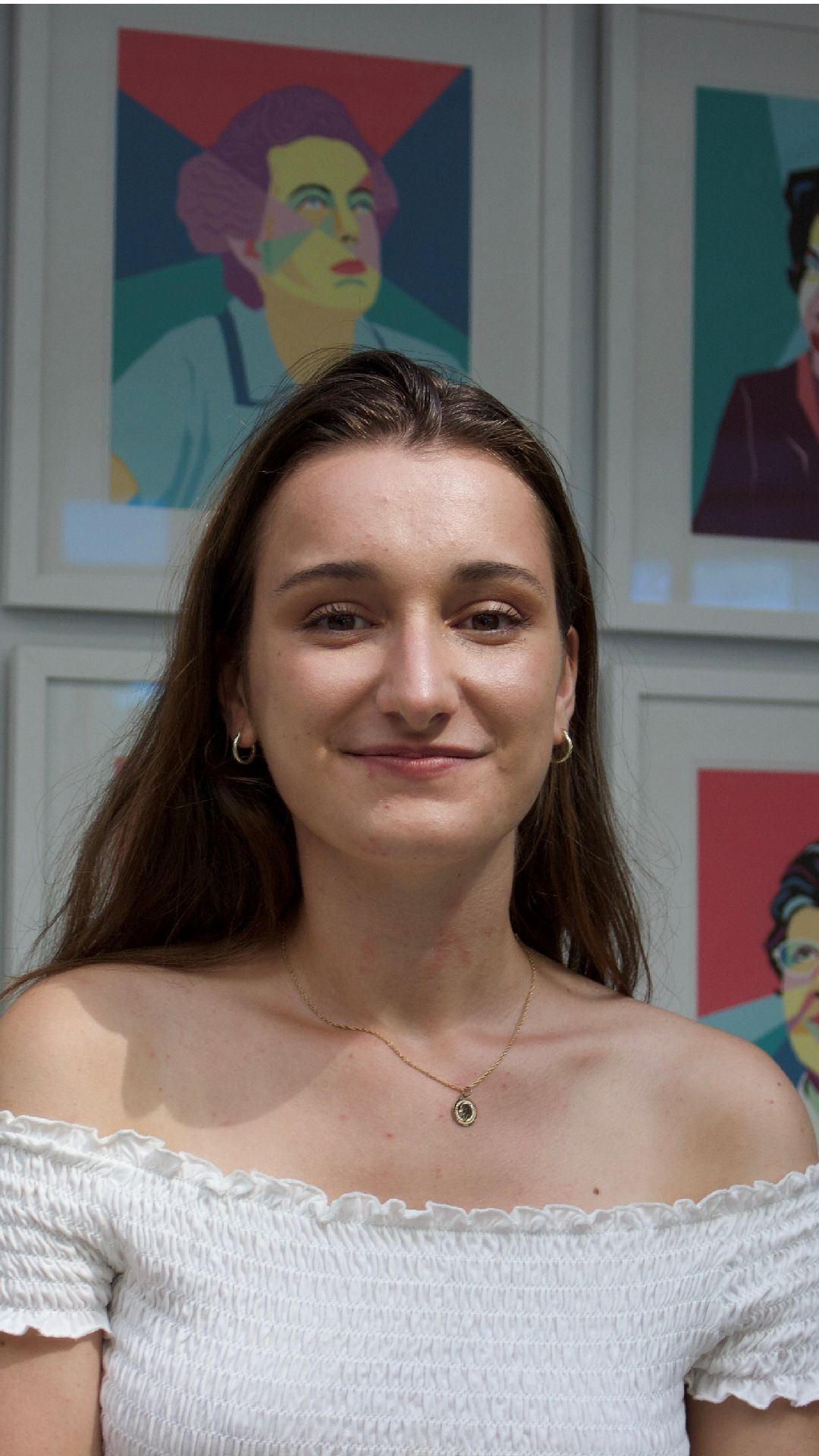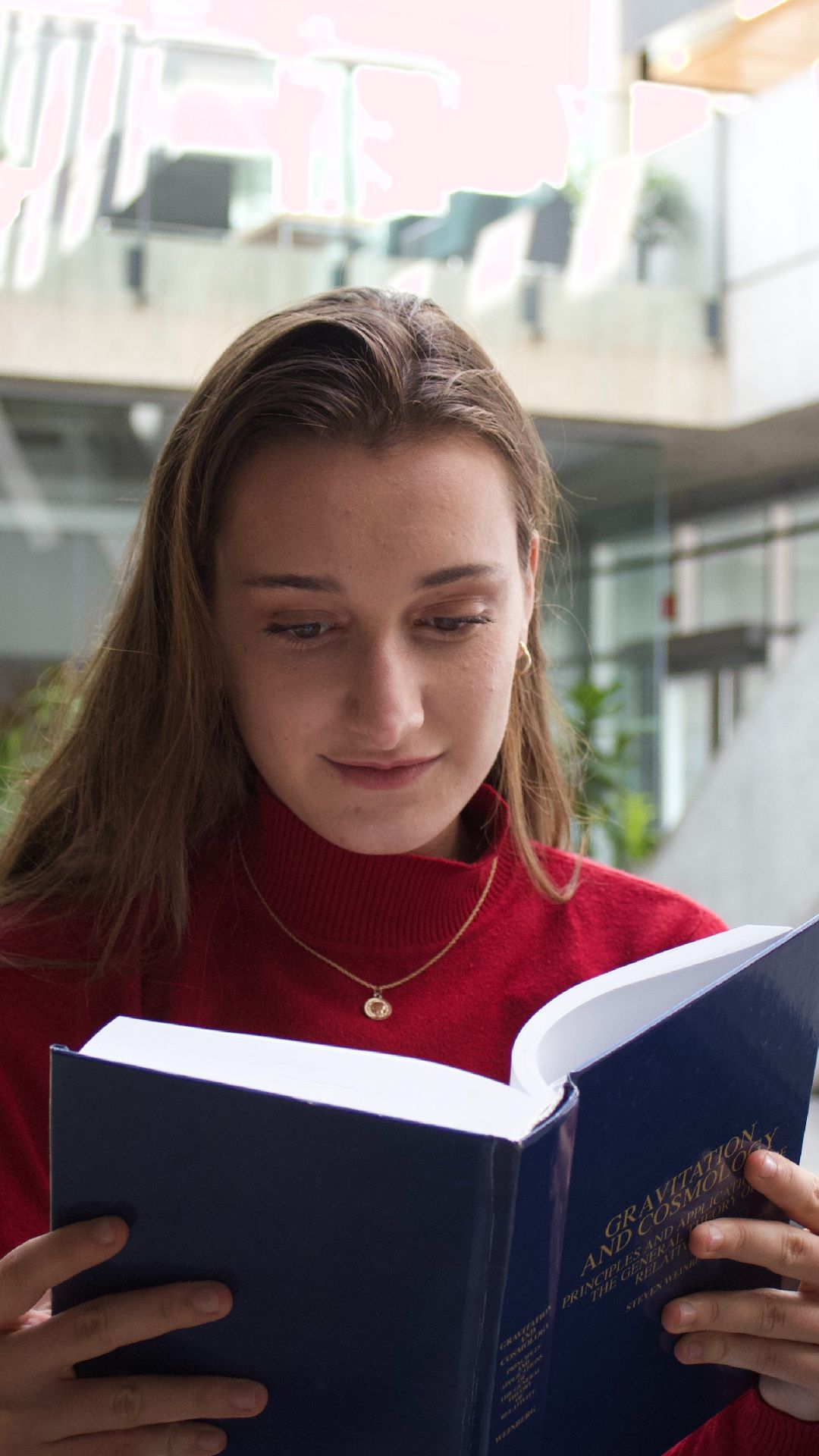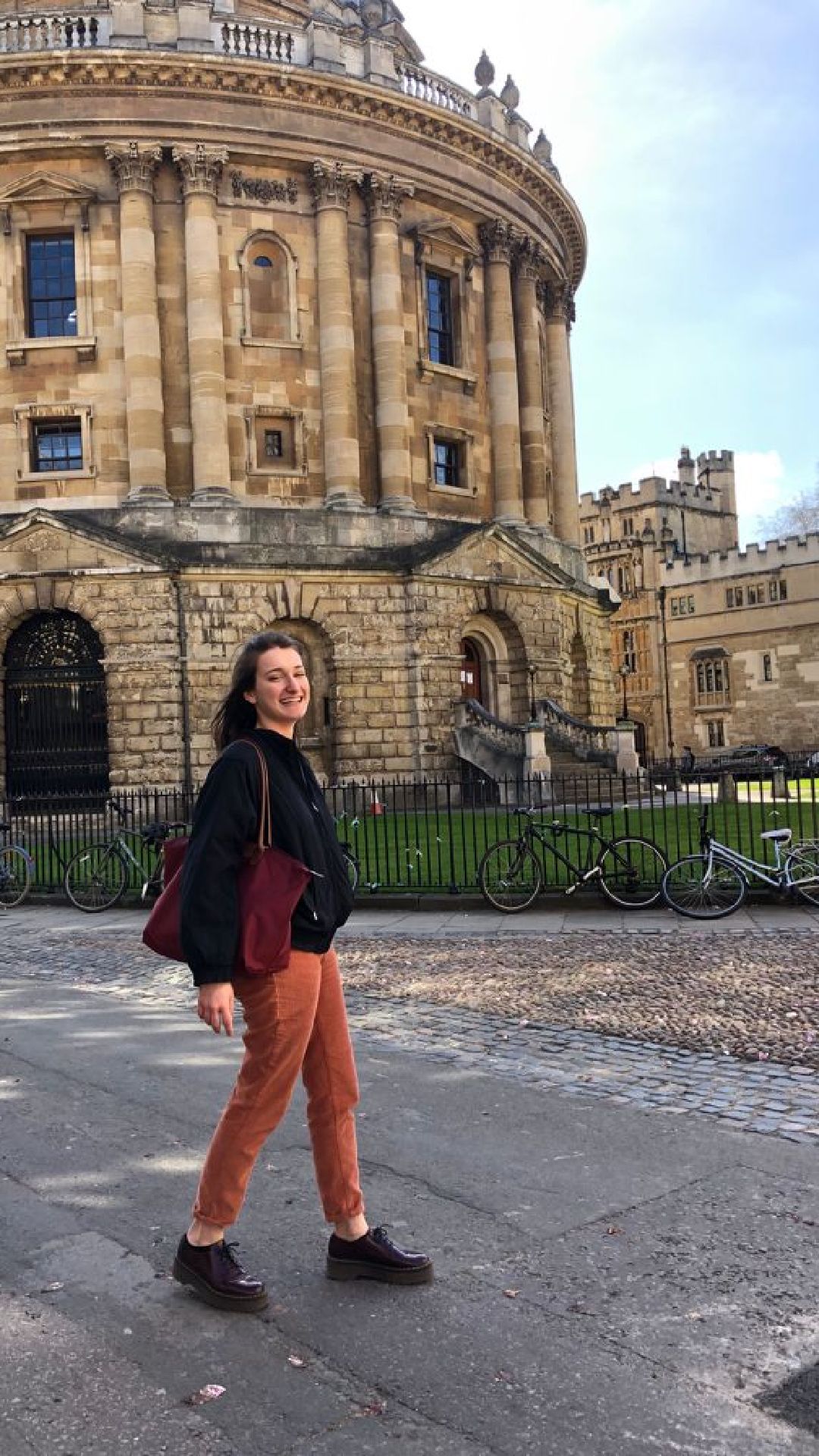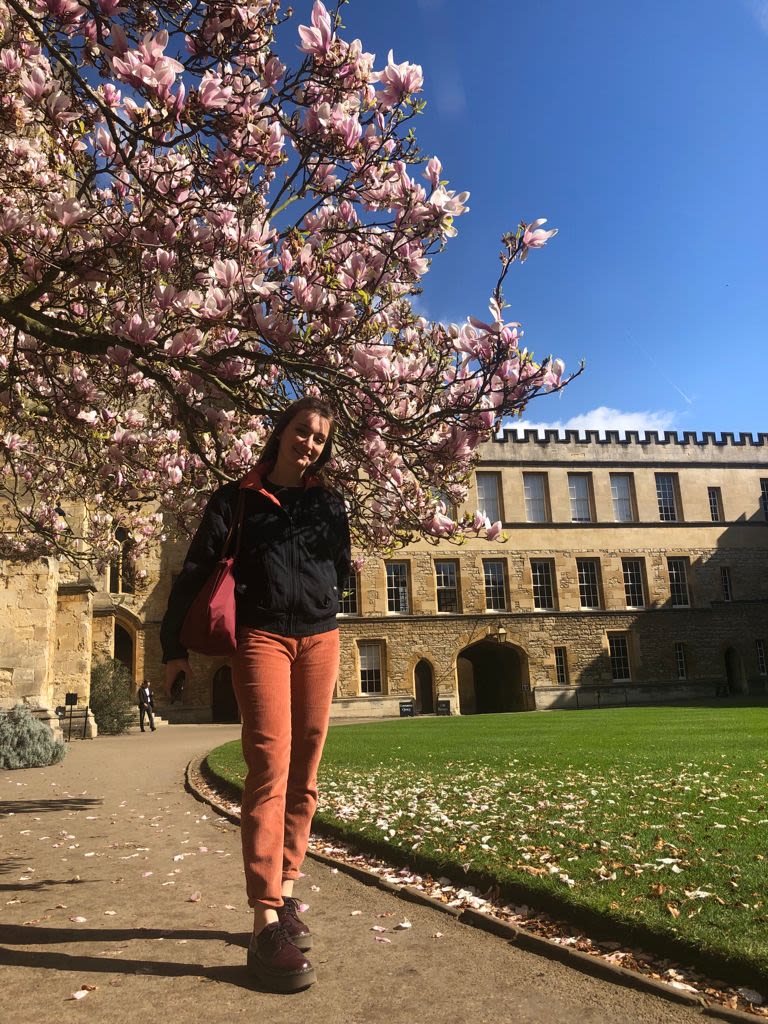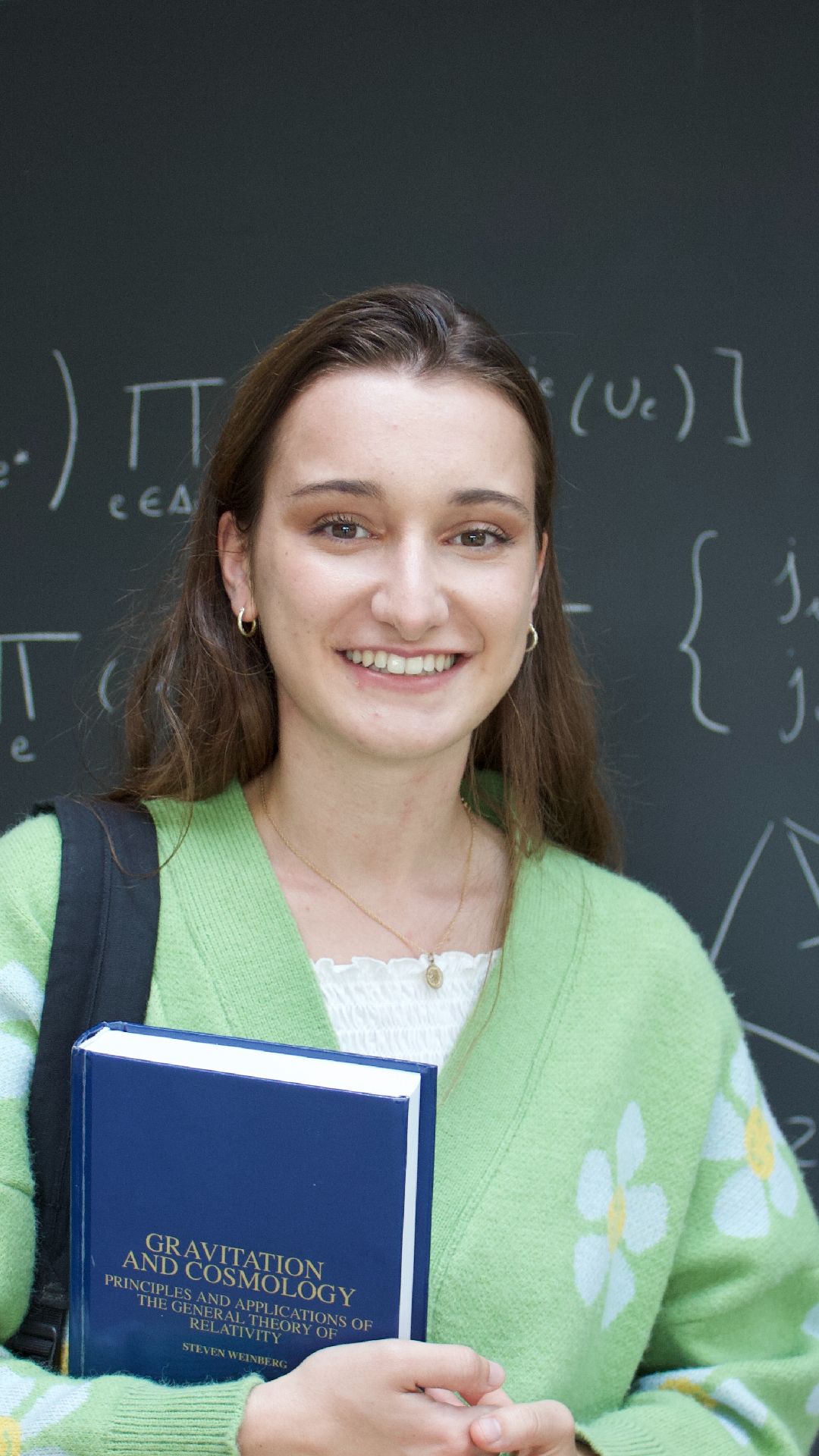Sofia
Physics undergraduate
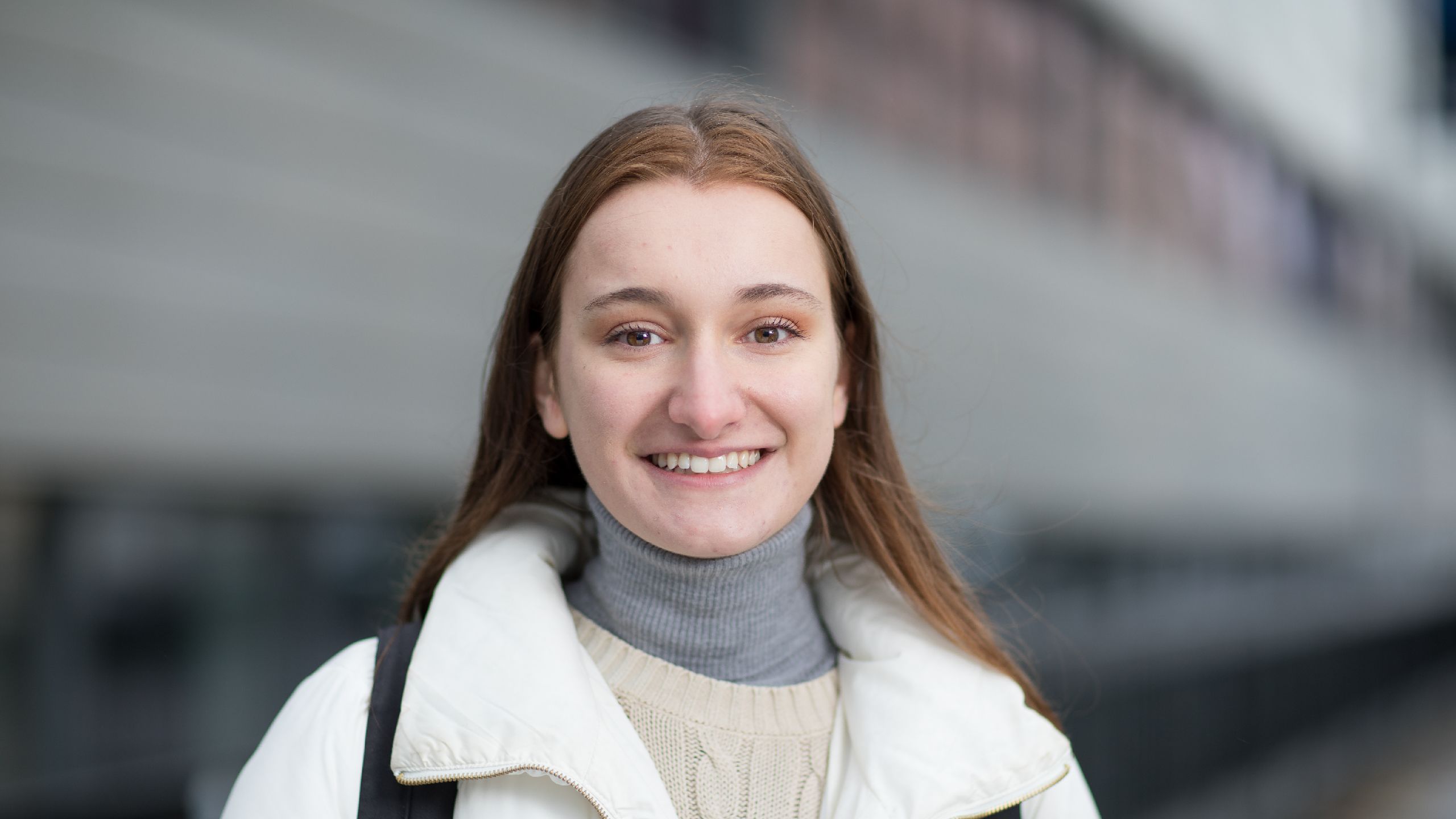
I'm Sofia and I studied Physics with Theoretical Physics at Imperial. I'm originally from the Aragon region of Spain.
One of the things I liked most about Imperial was the fact that it's in London, and all that London has to offer. Also, in terms of career prospects, I thought this city would be the best option.
I used to come to London in the past because I had friends here and feel like a tourist, but now I feel like a local almost.
Imperial is one of the most international universities in the UK, and the rest of the world as well. So, I really wanted to be in that kind of diverse environment.
Because I am an international student myself, I wanted to feel welcomed. I knew Imperial would be the right place for me, and that I’d get to meet and talk to people from other cultures.
Often in my tutorials or seminars, I’d find myself in a class with nine other people, and every one of them would be from a different place in the world. And that felt great.
Travelling abroad with IROP
The International Research Opportunities Programme (IROP) is a scheme that’s offered to students to do a research placement abroad.
I saw this advertisement for an IROP in China, and I was very interested. It said that I could go to China to take part in an international programme with people from all around the world, researching on the industry frontiers of China.
Back then it was 5G that we were looking into because it had just started and everyone was talking about it. So I just applied and got the place – and got to spend a summer in China researching 5G.
This IROP took place at Tsinghua University and most of the Chinese students there spoke English, so we became friends with them and they showed us around the city. They really integrated us into the Chinese culture and way of living.
It opened my eyes to see that I didn't have to stay in Europe – I could explore other places in the future and see how things are done differently. It was an extremely positive experience.
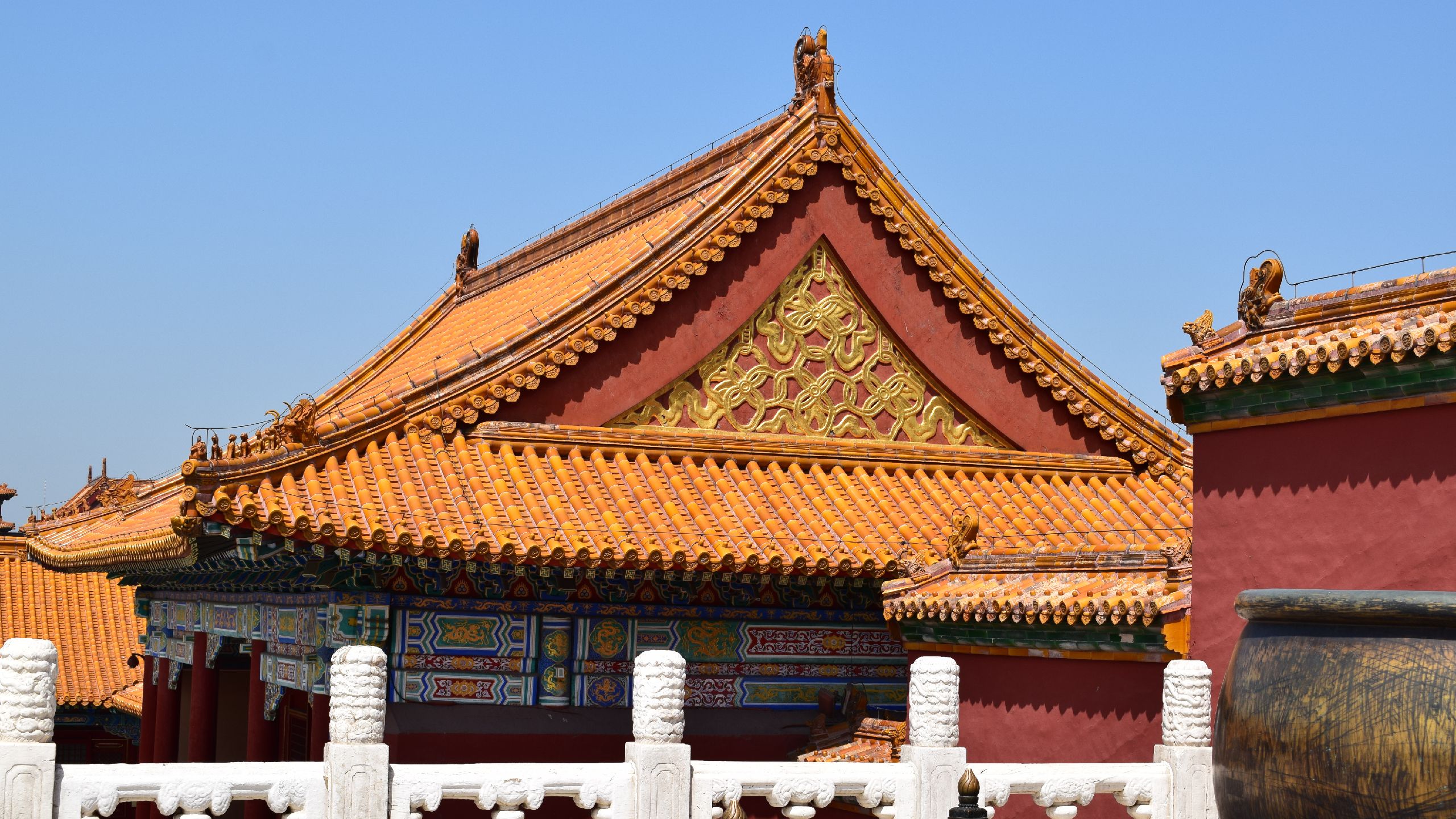
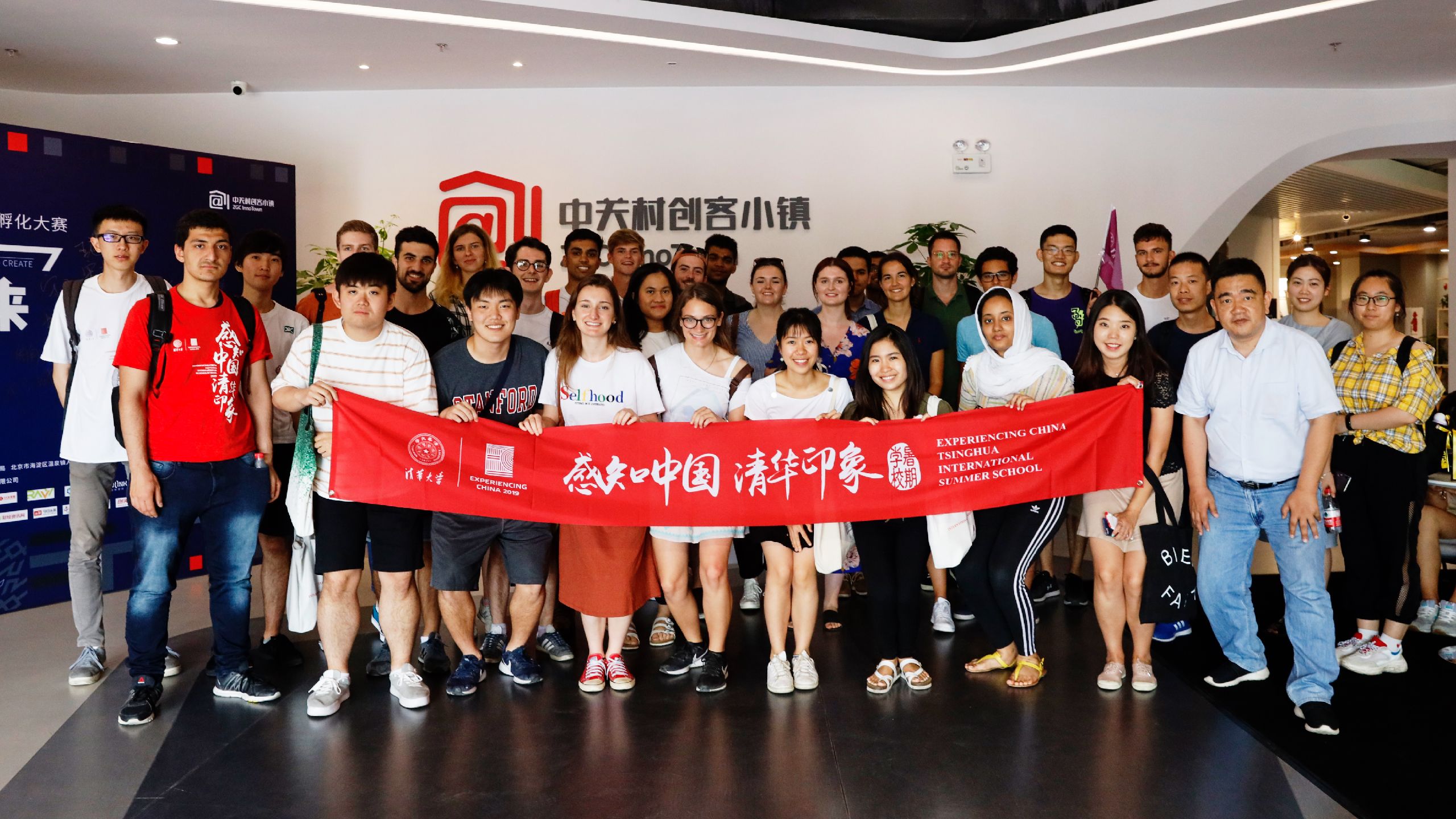
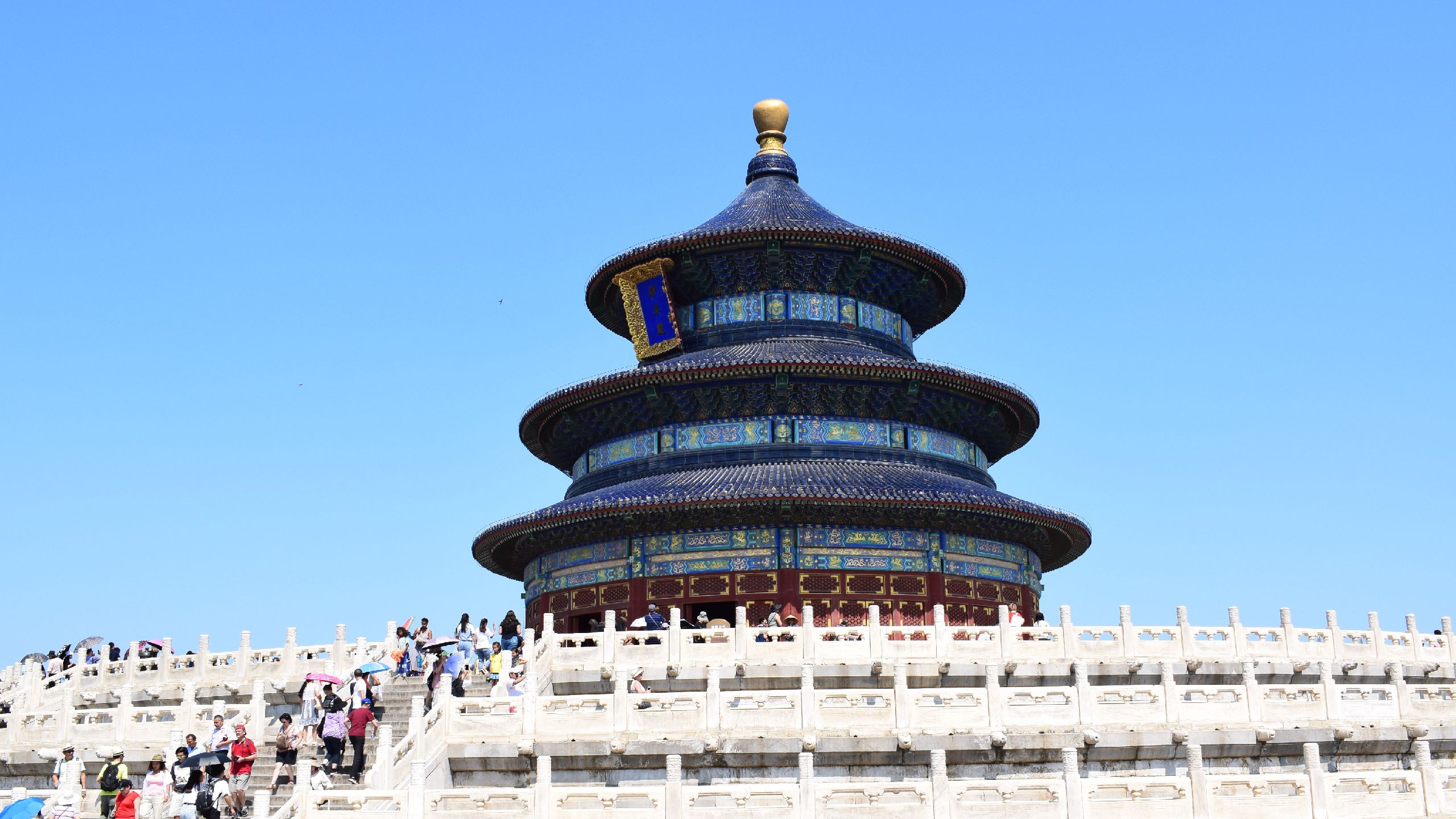
Finding friends as a fresher
When I started at Imperial, it was way better than I expected. I wasn't expecting the hall wardens and hall seniors to be organising so many activities.
During Welcome Season, they organized an activity for us every day – everything from boat parties to curry nights.
Every Sunday, we would have breakfast together and I really appreciated that.
I thought we would just be living in these flats together and nothing would really happen, but there was a big effort from Imperial to help us meet each other and build a sense of community.
I was worried about finding accommodation for my second year, but Imperial offered a lot of help. They have a team of lawyers and if you send them your housing contract, they will have a run through it and tell you if anything is wrong.
They also offer a matching service, so they can help you pair with someone else looking for somewhere to live.
Broadening my skills with Horizons
I took two modules with Imperial’s Horizons programme.
In my first year I took Collecting and Understanding Data and the year before last, I took French. Those were fun classes to take after a whole day of doing physics – it was nice to go and learn about something new.
Horizons gave me an opportunity to practice other soft skills, like communication.
Especially with French, you have to use a different part of your brain and practice your speaking skills a lot.
We also held lots of debates in French and Collecting and Understanding Data, so it was a more collaborative environment than in my normal lectures.
I got to meet lots of people on these two courses from many different departments, and across different years, because everyone could take them.
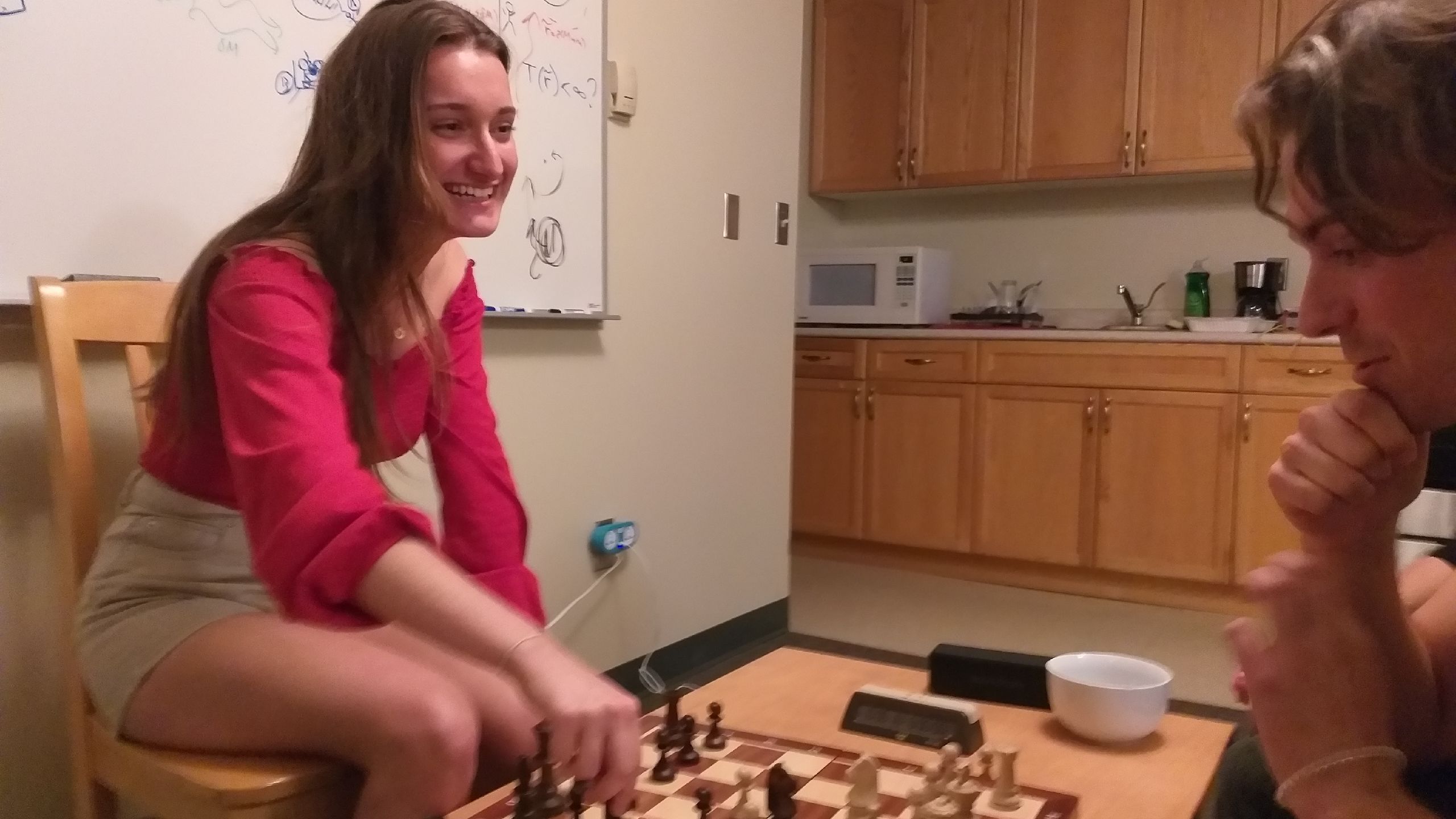
Speaking to the experts
One of the first societies I joined was the Energy Society, because I was studying physics and one potential career path was the energy sector.
It was really good to meet lots of experts and talk about the research and career potentials in that sector.
I also benefited from joining societies and meeting potential employers. It was helpful to talk directly to companies and ask them – ‘what kind of people fit in your company? What are you looking for?’
That is one of the big advantages of being at Imperial – being able to meet so many potential employers.
Attending Imperial puts you at an advantage when you're applying for a job. Everyone knows that if you've studied at Imperial, you're going to be responsible and good at organising your time and learning by yourself.
I also joined the Spanish Society and that was a great support network for finding other Spanish students and feeling a bit closer to home, because I got a little homesick sometimes.
Connecting women in SET
One of the societies I was the most involved with is Women in Science, Engineering and Technology (SET).
It provided a support network and a place to meet other female scientists and engineers at Imperial. We organised lots of social events and talks with employers. I was really busy with that, and it was something I strongly believed in.
Representation within my degree is not as bad as some other degrees. In mine, it's probably around 30% women but I know in engineering courses elsewhere it can be as low as 20%.
Our society reaches out to young women who are doing their last years of high school and tells them what STEM is all about.
Maybe they’d never considered studying science, engineering and technology before – and we want to bridge that gap.
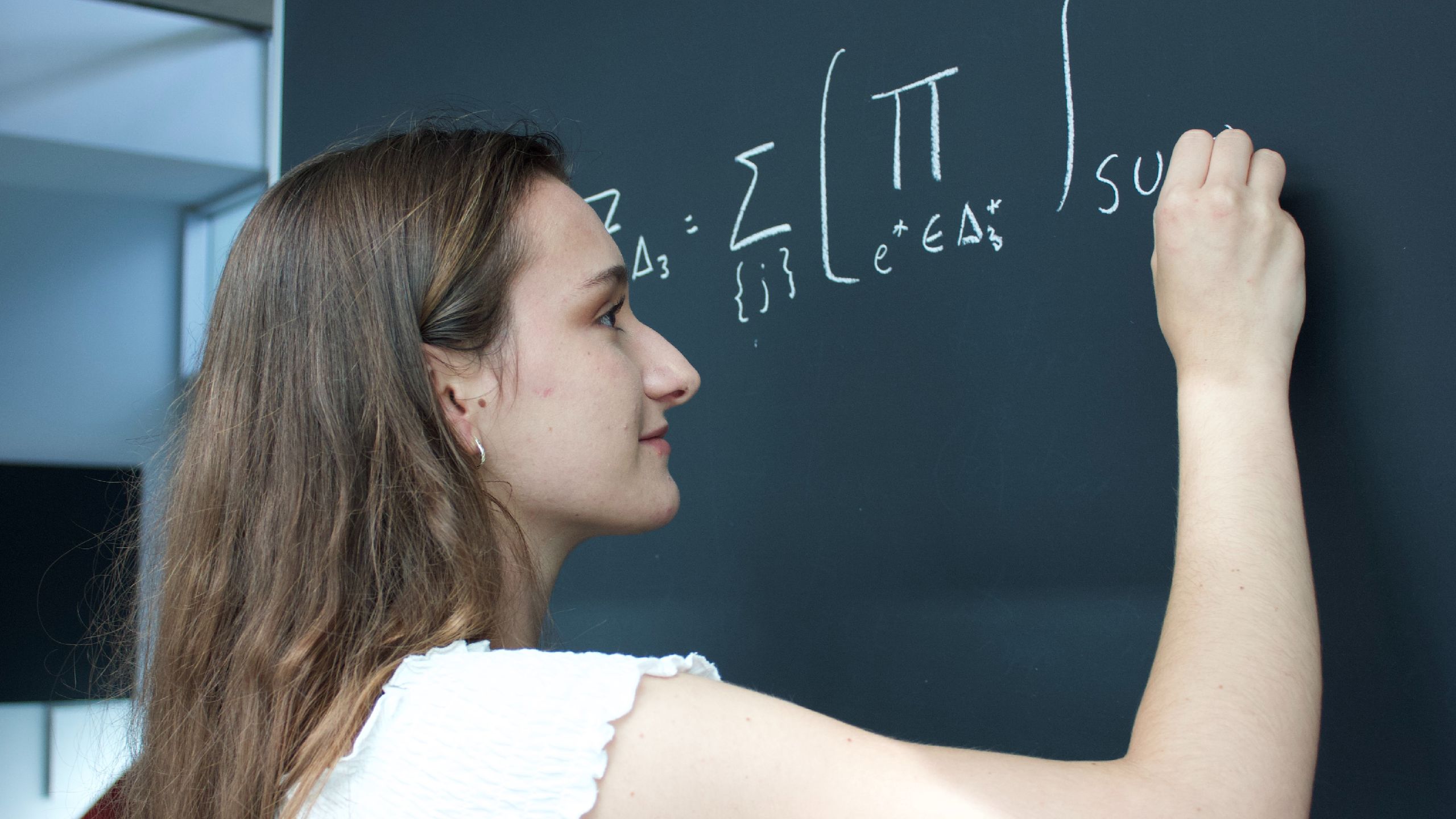
Exploring nearby sights and cities
In my third year, I studied all the time because we had fewer contact hours. In a normal week I studied for about two or three hours a day.
I also started tutoring in physics and maths around three or four hours a week and that gave me some money to spend on myself.
There are lots of A-level students trying to find that extra support and there's a lot of demand for those subjects.
I really like photography – so in my free time on a sunny day I would go to Central London and take pictures.
I've explored around London and I've been to Brighton, Oxford and Cambridge because they're easy to get to by train. You can get a return ticket for maybe £20-30 and it's a good way to spend your weekend.
Saving money in the city
I prefer an evening at home with my friends, so that was cheaper than going to the theatre or more expensive hobbies.
Food was the most expensive thing for me because I like eating good quality food and buying nice ingredients.
One way to save money is through meal prepping. So instead of buying food from the canteen at Imperial every day, you can cook your own food in advance.
Even if it's just sandwiches, that made it way cheaper than getting something from the cafeteria.
If I went for a pint with my friends, I liked to stay in the College Union because it's half the price compared to anywhere else in London.
I also saved a lot of money from commuting by bike, because I know people that take the tube spend more money on that than they do on food!
I lived in Battersea in my final year, about a 35-minute walk from campus, but I usually cycled on the quieter streets and it only took me 15 minutes or so.
It gave me an excuse to do some exercise if I couldn't fit it in elsewhere in the week.
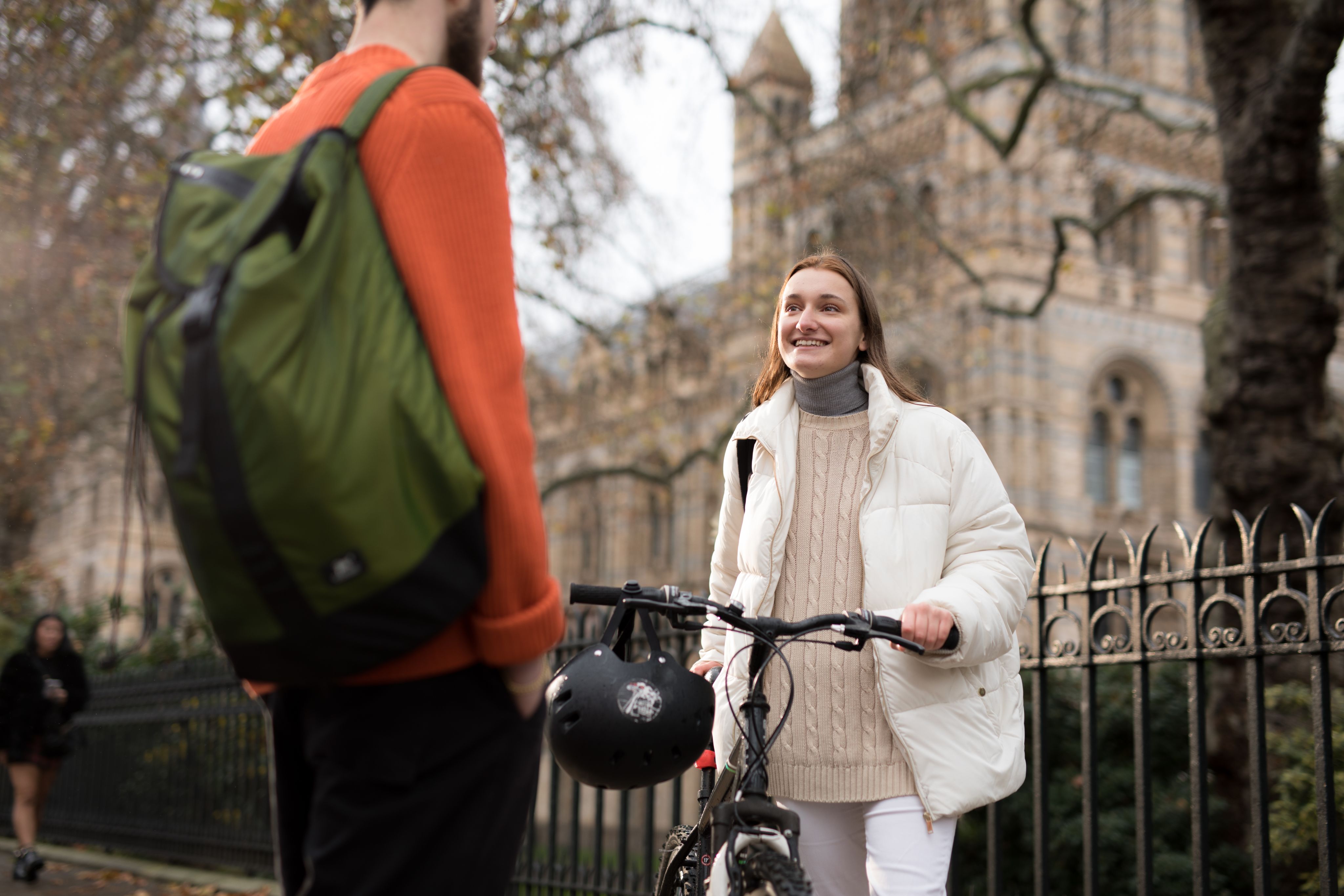
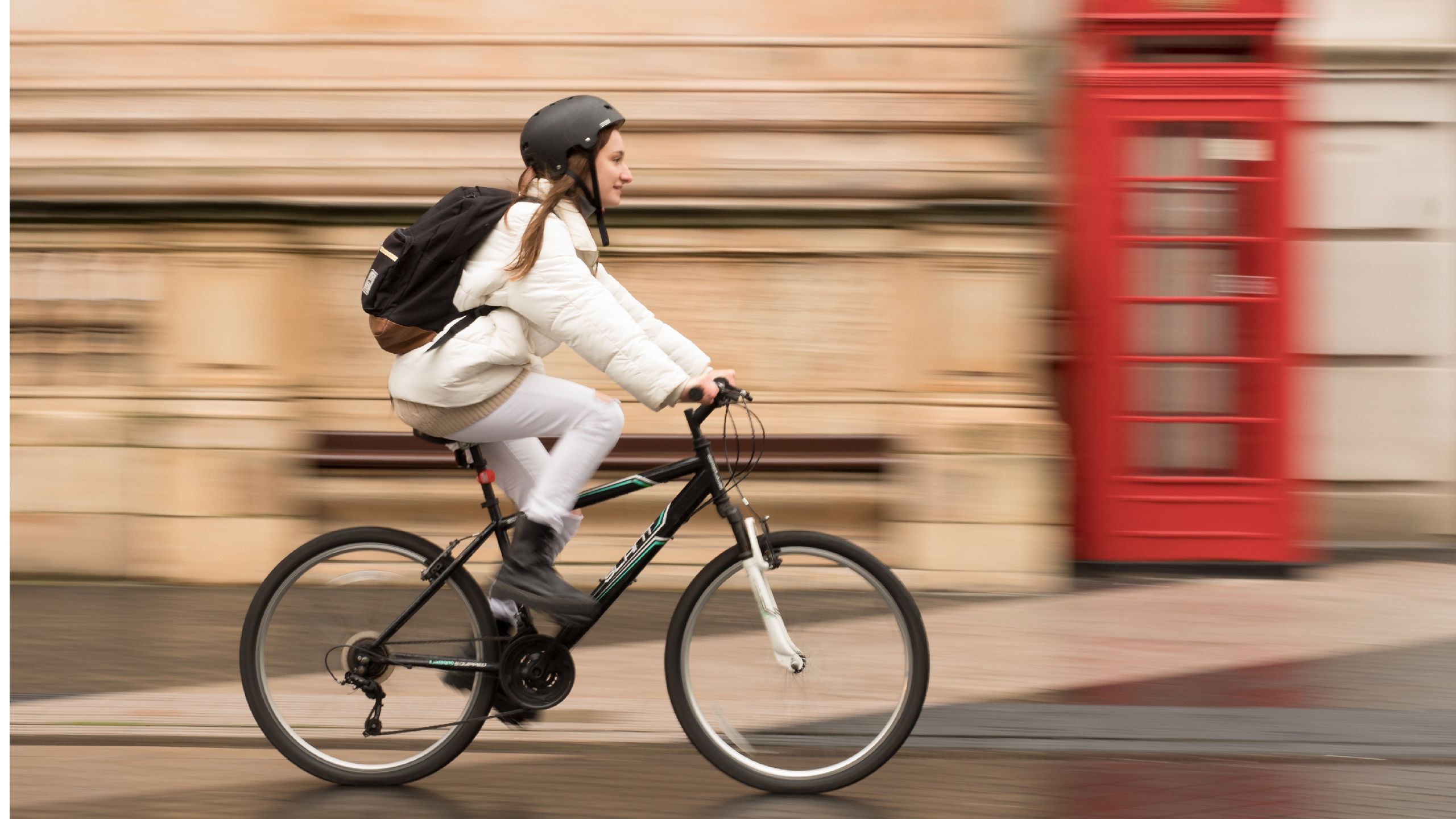
Laying foundations for the future
I graduated from Imperial last June and I’m currently doing my Master's in theoretical physics at the renowned Perimeter Institute for Theoretical Physics in Ontario, Canada, under a full scholarship.
I really believe that getting this place was thanks to Imperial, which prepared me really well for my next step.
I am still exploring different career paths but there are so many possibilities, especially with such a high-quality degree.
I would like to combine physics and interpersonal skills in an area of technology such as quantum technologies or computation.
Imperial (and London) allowed me to thrive in a multicultural community full of talented individuals, and I’m hoping to find this environment in my future workplace.
I have great memories and a very rich skill set thanks to Imperial.
Speak to current students
Learn about course options, living in London and what life at Imperial is really like.
Chat with your future
